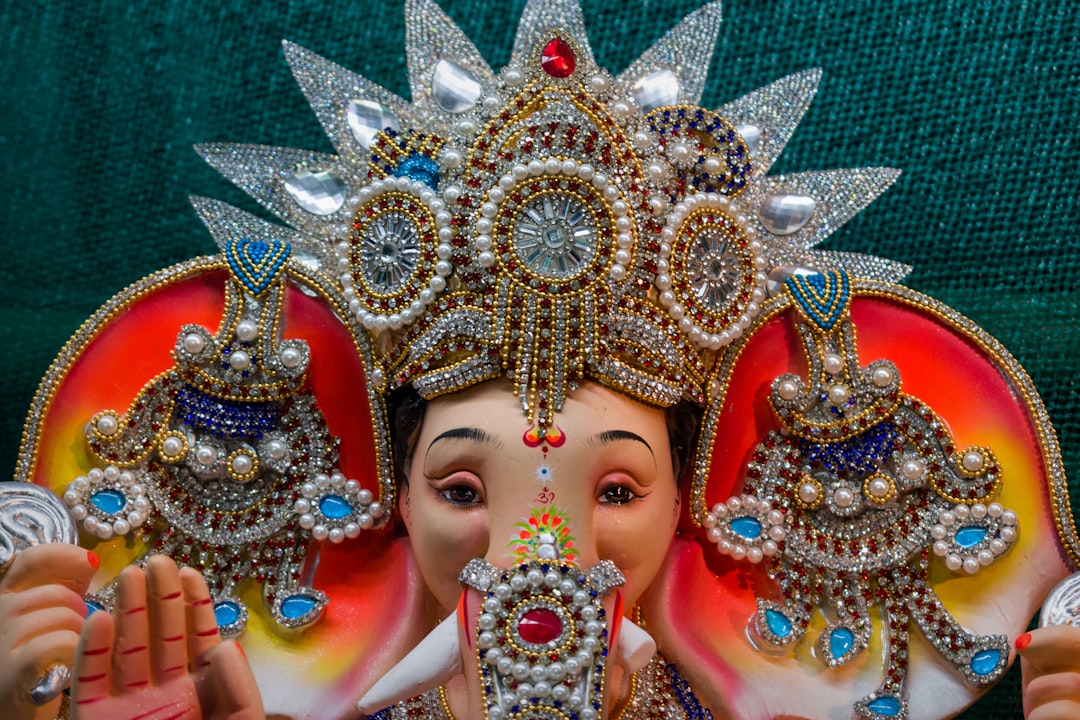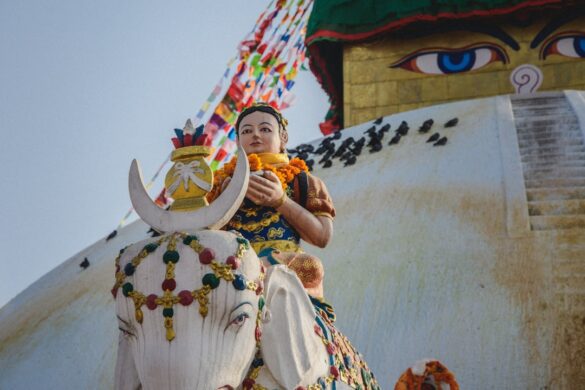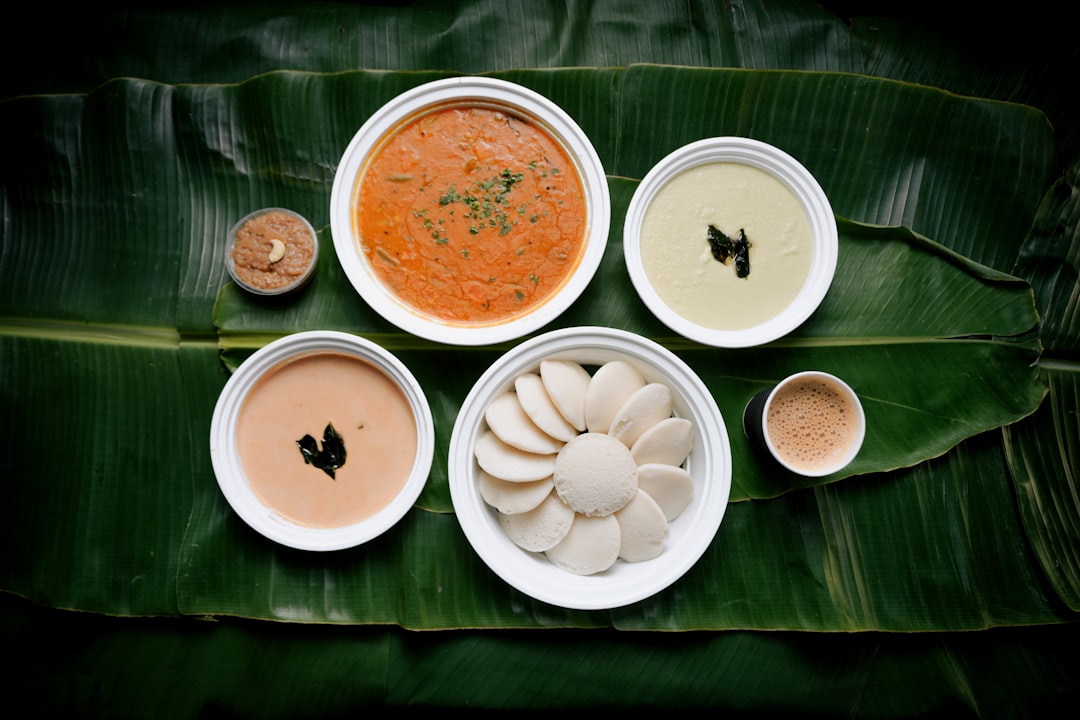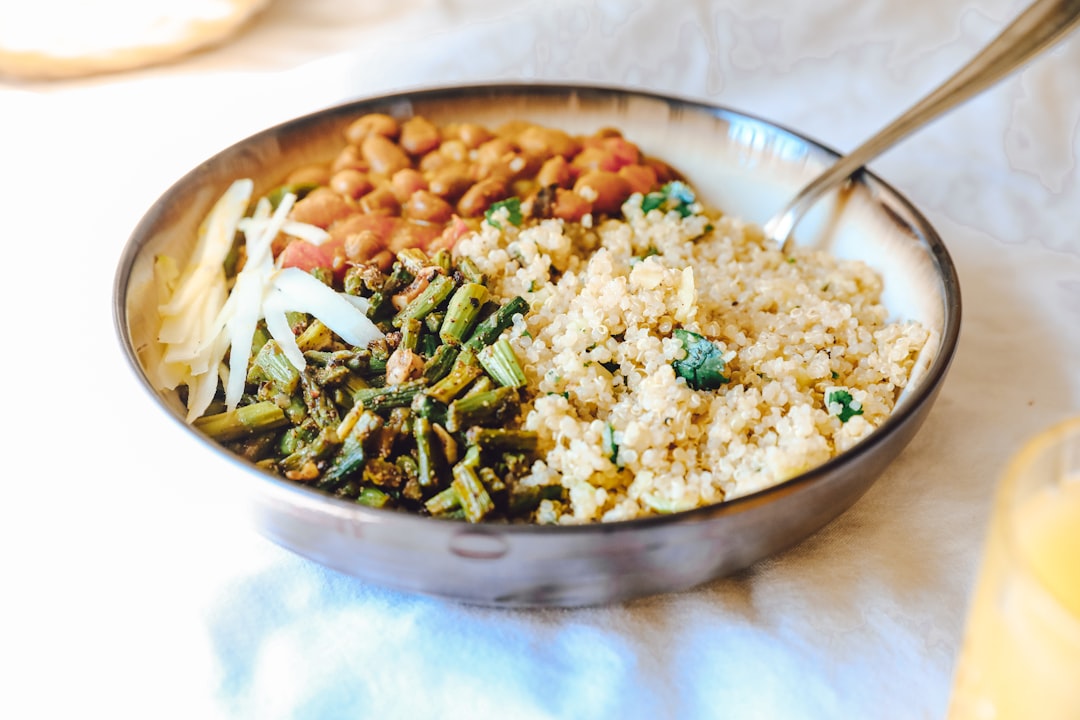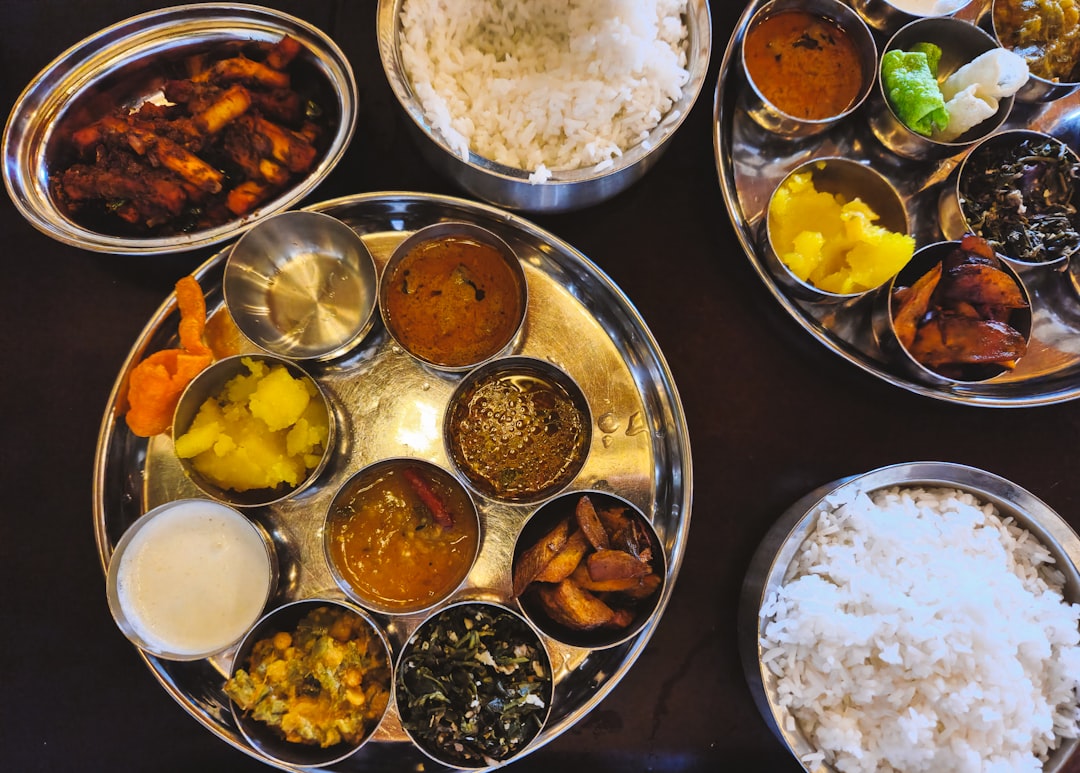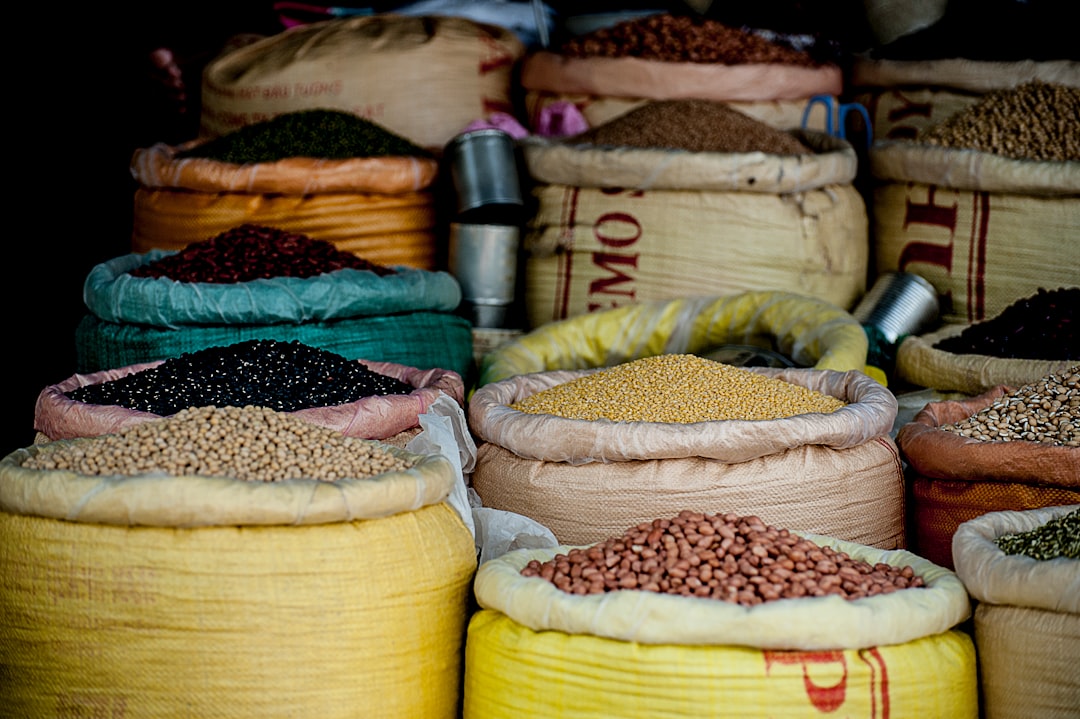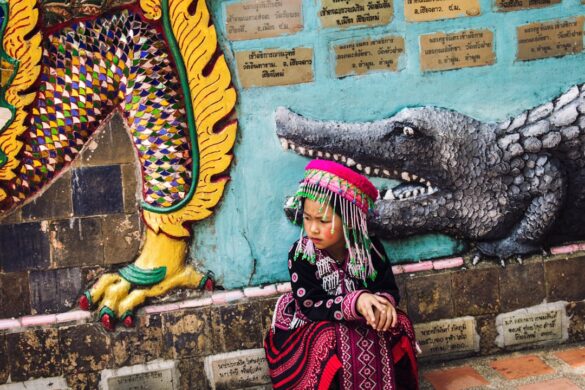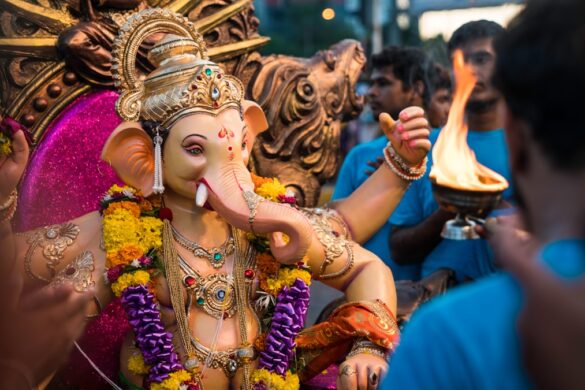Introduction
Welcome to India, a land where vibrant festivals, rich culinary practices, and captivating folklore come together to create a cultural tapestry unlike any other in the world. In this exploration, we will take you through the fascinating journey of India’s cultural heritage, focusing on its most colorful festivals, delectable cuisines, and the stories that resonate through generations. As you traverse this breathtaking country, prepare to be enchanted by the warmth of its people and the intricate details of its traditions.
1. A Melting Pot of Festivals
Every corner of India celebrates festivals with exuberance and zeal, showcasing the country’s diversity. From the lights of Diwali to the colors of Holi, India’s festivals represent various religious and regional influences, engaging the hearts of millions. Festivals in India serve as a reminder of the country’s rich historical narratives and the collective memories that have shaped its societal fabric. They are a time of celebration, reflection, and community bonding.
Diwali: The Festival of Lights
Diwali, also known as Deepavali, is celebrated by millions across India, symbolizing the victory of light over darkness. The festival typically lasts five days, each day devoted to different themes of faith, family, and festivities. Homes are adorned with diyas (lamps), rangolis (decorative patterns), and the air is filled with joy, laughter, and the aroma of delicious sweets. This festival not only has religious significance but also sparks hope and a sense of renewal.
During this festive period, families gather to share meals and exchange gifts, reinforcing the bonds of love and affection. If you are planning a visit, don’t miss the Diwali celebrations that are spectacular in cities like Jaipur and Varanasi. The markets are vibrant, street food tantalizes the senses, and the fireworks light up the night sky, making every moment magical.
Holi: The Festival of Colors
Next on the list is Holi, celebrated with immense fervor. Known as the festival of colors, Holi marks the arrival of spring. People from all walks of life gather to throw colored powders at each other, igniting the spirit of friendship and joy. Traditional sweets like gujiyas and thandai are shared among friends and family during this vibrant celebration. Holi breaks down barriers and is a time for forgiveness, renewal of relationships, and unbridled joy.
2. Culinary Delights: A Taste of Region
India is not just a feast for the eyes; it is a culinary paradise. Each region boasts its unique dishes that tell tales of its culture and history. The culinary landscape of India is as diverse as its geography, with each region having distinct flavors and cooking traditions influenced by local ingredients and historical trade routes.
North India: A Royal Affair
Indulge in the rich flavors of butter chicken and biryani. North Indian cuisine is characterized by the use of spices, rich gravies, and a variety of bread like naan and parathas. The region is known for its lavish feasts, especially during weddings and festivals, where food takes center stage. The warmth of North Indian hospitality ensures that no guest leaves without being served delicious meals, leaving a lasting impression of generosity.
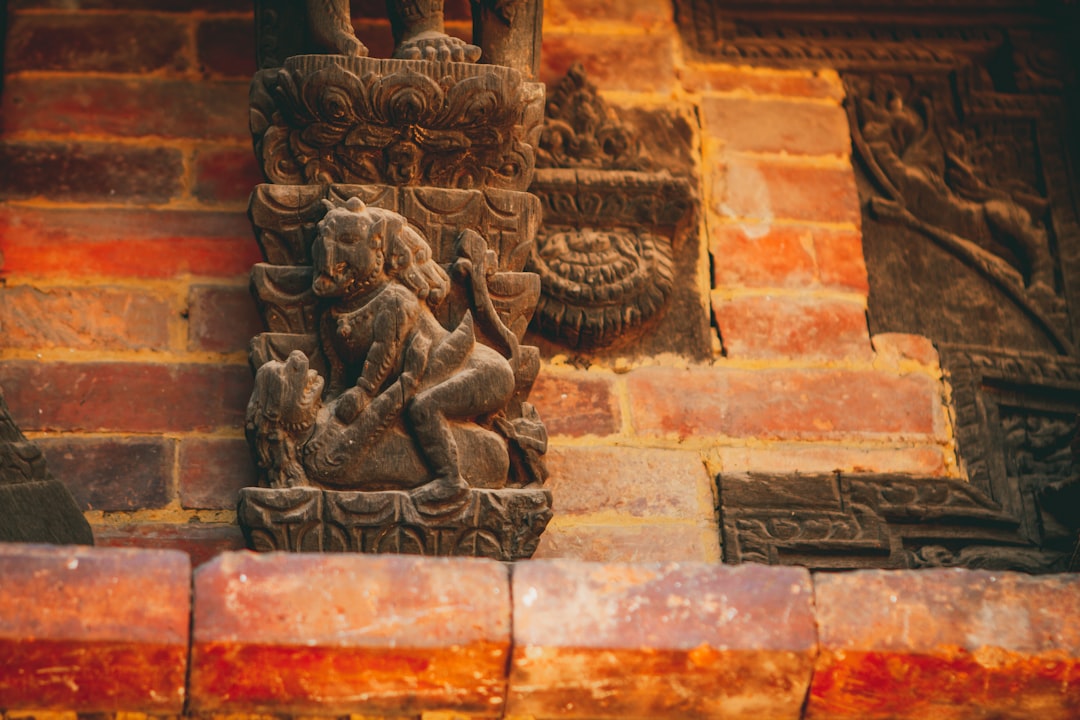
Delve into the savory wonders of Indian cuisine, from the spicy curries of the north to the sweet dishes of the south. Discover the flavors that reflect each region's legacy.
South India: A Tasty Tradition
In South India, dishes like dosa and idli are household staples, often served with coconut chutney. The cuisine reflects the agricultural bounty of the region and is heavily influenced by the availability of spices, which are often used generously. Meals are usually accompanied by rice, and the distinct flavors can give you a glimpse into the rich heritage of the South. Festivals like Pongal celebrate the harvest, and the traditional dishes prepared during such times showcase the fusion of agricultural traditions and culinary craft.
3. Folklore: Stories That Bind Generations
Stories and folklore enrich the cultural experience in India. Each region has its own legendary tales that have been passed down through generations, captivating the imagination of young and old alike. Folklore serves as a medium through which values, beliefs, and identities are expressed, often depicting moral lessons or historical anecdotes relevant to the community.
Myths and Legends
From the tales of the Ramayana and Mahabharata to local legends such as the stories surrounding Raja Ravi Varma’s paintings, these narratives shape the cultural understanding of communities. Festivals often incorporate folklore elements that enhance their charm, making them more than just celebratory events. For instance, during Dussehra, the story of Lord Rama’s victory over Ravana is dramatically enacted through Ramlila, captivating audiences with its theatrical elements.
These stories are not just entertainment; they provide a moral compass and connect people with their roots. When visiting rural areas, do not hesitate to ask locals about their folklore; you might hear tales that inspired local festivals or significant rituals, making your journey more enriching.
4. Importance of Cultural Events
Participating in India’s cultural events can be transformative. They provide insights into the hospitality, traditions, and values held dear by different communities. Understanding this aspect is vital to appreciate the multifaceted tapestry of Indian society.
Religious Significance
Most festivals are intertwined with religious significance, providing an opportunity to connect with the local culture and community. For instance, visiting a temple during Ganesh Chaturthi allows one to observe the devotion and spirituality that transcends beyond simple festivities. Rituals, prayers, and communal participation all reflect the shared belief systems and foster unity among diverse groups.
5. Summary: Embracing the Tapestry of India
As you can see, India is a kaleidoscope of festivals, culinary delights, and engaging folklore. Each experience offers profound insights into its diverse culture and lifestyle, highlighting the richness of human connection through traditions and shared experiences.
Whether you’re visiting during Holi or Diwali, each festival and meal represents an opportunity to embrace the essence of Indian culture. Learn more about local customs and indulge in traditional foods. Don’t miss this chance to make unforgettable memories that will last a lifetime.
6. Travelling Tips for Experiencing India’s Culture
To truly experience India’s cultural richness, here are some handy tips for travelers:
- Embrace local customs: Familiarize yourself with the etiquette and traditions of the regions you visit. This could include dress codes, dining practices, and greetings that reflect respect for local culture.
- Taste diverse cuisines: Each region has its renowned dishes; be adventurous in tasting local foods. Try to visit food markets and local eateries to experience authentic flavors.
- Participate in festivals: If your travel coincides with local festivals, engage in the celebrations. This will allow you to immerse yourself in the local culture and experience collective joy.
- Seek local guidance: Connect with local guides or participating in cultural tours can greatly enhance your understanding and appreciation of the sites you visit.
- Photovoltaic measures: Inquire before taking photographs of people or sacred sites to respect local privacy and religious sentiments.
- Invest in cultural souvenirs: Items crafted by local artisans capture the essence of regional cultures and provide meaningful mementos of your journey.
Wander through India with an open heart and mind, and you will find a land that is as welcoming as it is wondrous. Celebrate the intertwining of history and modernity as you create experiences that will remain etched in your memory.
7. Conclusion: Why India Should Be Your Next Destination
In conclusion, India offers travelers an extraordinary blend of art, culture, cuisine, and history. Each festival celebrated adds to the grandeur of this historical land, making it a worthwhile destination for cultural enthusiasts.
Whether you’re looking to explore the colorful festivals, savor various regional dishes, or dive into the fascinating stories that echo through time, India promises a tapestry of experiences that will leave you enriched. Make sure India is on your bucket list and prepare for an adventure that harmonizes the past with the present, creating lasting memories that you will cherish forever.

